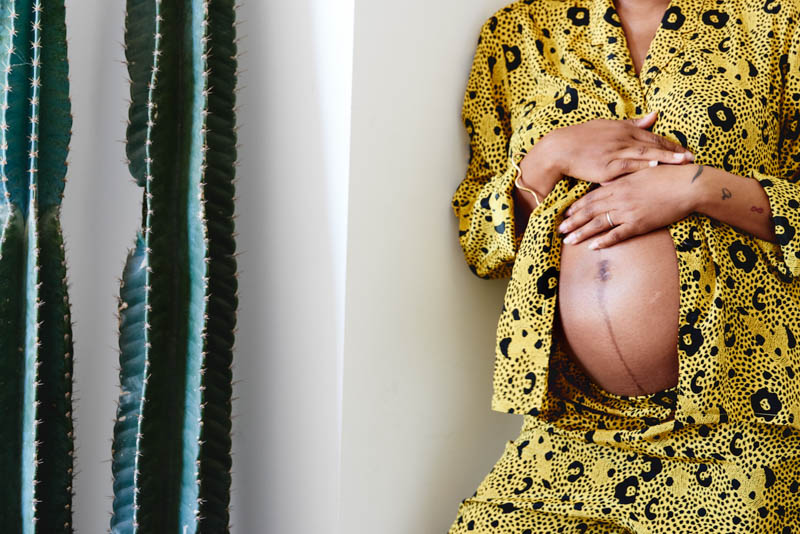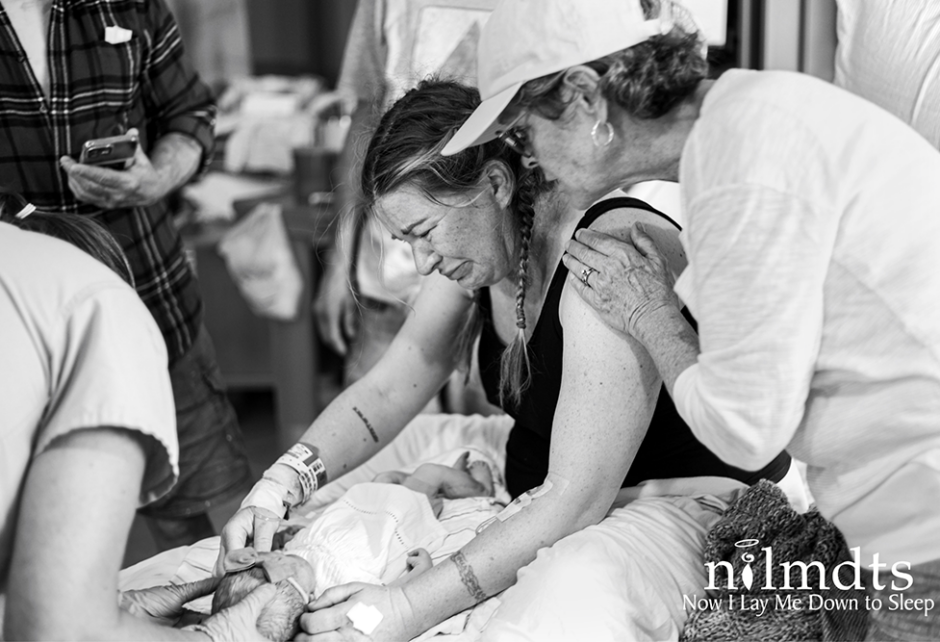
A New Bill Aims To Improve Black Maternal Mortality Rates
Written by Katie Hintz-Zambrano
Photography by Kai Avent-deLeon, Photographed by Maria Del Rio
The great disparity in maternal mortality between black women and white women is finally making front-page news. The gap is so shocking and vast, it’s simply hard for anyone to ignore. According to the CDC, black mothers die at 3-4 times the rate of white mothers in the U.S., and the somber research finds that black mothers are 243% times more likely to die from complications in pregnancy and childbirth than white mothers (compared to 22% more likely to die from heart disease and 71% more likely to die from cervical cancer).
The reasons for these gross disparities are complex, but if U.S. Senator Kamala D. Harris and her 13 Democratic colleagues have their way with the newly proposed Maternal Care Access and Reducing Emergencies (CARE) Act, these statistics will finally start to shift thanks to medical professionals addressing conscious and unconscious bias against black women.
“Health equity for Black women can only happen if we recognize and address persistent biases in our health system,” explains Harris, who earlier introduced a resolution designating April 11-17 as Black Maternal Health Week. “This bill is a step towards ensuring that all women have access to culturally competent, holistic care, and to address the implicit biases in our system.”
In a nutshell, the $30 million Maternal CARE Act will:
*Create two new annual grant programs focused on reducing racial health disparities in maternal health. There’s the Implicit Bias Training Grants, which addresses implicit bias—bias in judgement or behavior resulting from implicit attitudes and stereotypes—by establishing competitive grants directed to medical schools, nursing schools, and other health professionals training programs to support implicit bias training. (Priority will be given for training in obstetrics and gynecology). Meanwhile, the Pregnancy Medical Home Demonstration Project would establish a demonstration project to assist up to 10 states with implementing and sustaining pregnancy medical home (PMH) programs to incentivize maternal health care providers to deliver integrated health care services to pregnant women and new mothers and reduce adverse maternal health outcomes, maternal deaths, and racial health disparities in maternal mortality and morbidity.
*The bill will also direct the National Academy of Medicine to study and make recommendations for incorporating bias recognition in clinical skills testing for U.S. medical schools.
While the Los Angeles Times warns that the bill will most likely face an “uphill battle in the GOP-controlled congress,” introduction of this type of bill is still an important move to be applauded, as it creates more visibility for the vital situation. To support it, be sure to reach out to your local elected officials and explain to them why it means so much to you.
With the U.S. being one of only 13 countries whose maternal mortality rate is worse than it was 25 years ago, it’s time for everyone to look closely at the reasons why these rates are so dismal, especially for women of color. To find out more about the challenges of giving birth in America and how we can all help end preventable maternal deaths (through legislation and otherwise), we suggest reading this NPR piece and also heading over to Every Mother Counts.
Share this story



